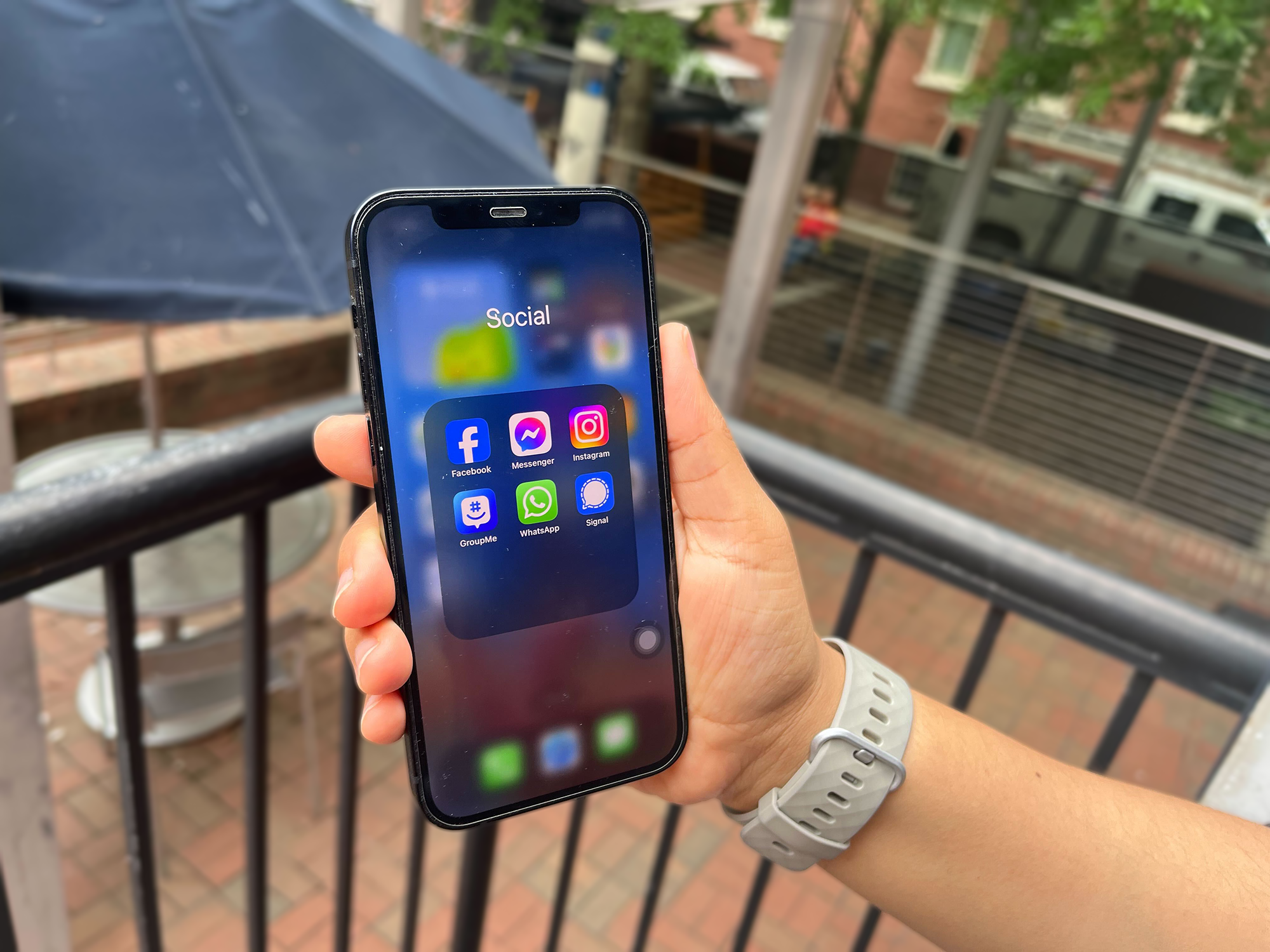Written by Karla Madera Tejada, Law and Policy Intern
Misinformation affects everyone, yet Spanish speakers face greater risk.
Thirty percent of U.S. Latinos identify as bilingual and forty percent communicate primarily in Spanish. As for social media, twenty-nine percent reported using it exclusively or predominantly in Spanish. In fact, a recent study revealed that seventy percent of Spanish-speaking Latinos use WhatsApp. These numbers raise concerns regarding risks of exposure to extremist rhetoric or misinformation.
What is misinformation?
Misinformation, defined as a claim that contradicts or distorts commonly verifiable facts, is becoming increasingly difficult to identify and counteract. In the past, reputable newspapers and news anchors fact-checked claims before presenting them to the public. Today, more than eighty percent of Americans get their news from digital devices, which means users must now discern the accuracy of claims for themselves. The algorithms of social media only worsen the issue, as they spread misinformation by targeting novel controversies or sensational news based on users’ interests.
How are Latinos more prone to misinformation?
The higher engagement with Facebook and Instagram among Latinos highlights a critical issue. Studies found that sixty percent of Latinos use Facebook and fifty-eight percent of Latinos use Instagram, representing a usage rate eleven percent higher than that of the general population.
On Facebook, users were exposed to fake news about the 2020 U.S. presidential election, resulting in more concerns about votes not being counted properly. Meanwhile, Instagram served as a major platform for COVID-19 vaccination misinformation, seeing over 620,000 new followers for anti-vaccination accounts between July and August 2020.
Another issue lies within the linguistic environment of the Latino community, where the prevalence of Spanish creates a “blind spot” on social media. Researchers found that Spanish-language content on Facebook is less often and less quickly moderated for misinformation and violence compared to English-language content. They estimate that “while seventy percent of misinformation in English on Facebook ends up flagged with warning labels, just thirty percent of comparable misinformation in Spanish is flagged.” This disparity in moderation likely arises from Facebook’s low levels of diversity, with just five percent of its workforce being Latino as of 2019. Additionally, Spanish is spoken in more than twenty countries, each with its slang and interpretations, further complicating the task for AI to identify misinformation.
The heightened engagement of Latinos on social media, coupled with disparities in moderation, leads to an increased likelihood of Latinos who rely mainly on Spanish-language news sources believing in misinformation. For instance, a Washington Post survey found that forty percent of Latino respondents who relied on Spanish-language social media for their news believed that Trump received more votes than Biden, compared to thirty-one percent of Latino respondents who relied on English-language social media.
What can be done?
With Latinos projected to make up fifteen percent of eligible voters in November 2024, social media platforms must address the issue of Spanish-language misinformation, as it can have dire consequences in the upcoming presidential election.
First, platforms like Meta must hire more Spanish-speaking staff to hone in on Spanish misinformation. This can help identify and filter out Spanish slang and rhetoric that current AI technology cannot detect.
Second, platforms must partner with ethnic media outlets, like Univision’s El Detector and Factchequeado to fact-check providers. These organizations can debunk misinformation in a manner that resonates with a Spanish-speaking audience.
Third, Congress must create a quasi-independent oversight board and amend Section 230 of the Communications Decency Act, as suggested by former Facebook employee and whistleblower Frances Haugen. An independent oversight board would provide transparency about how Facebook’s algorithms promote it in the first place. Additionally, amending Section 230, which currently protects tech companies from being sued for illegal content on their platforms, would hold these companies legally liable for the algorithms that promote harmful content.
Combatting all forms of misinformation, including in different languages, rhetoric, and platforms, is essential to empower the growing population of voters to make informed decisions.
Karla Madera Tejada is a recent graduate of The George Washington University, where she majored in Political Science and Criminal Justice. Her areas of expertise include immigration law research and policy, with a focus on the complexities and challenges of the U.S. immigration system. Karla's views are her own and not necessarily reflective of the Cisneros Institute.


